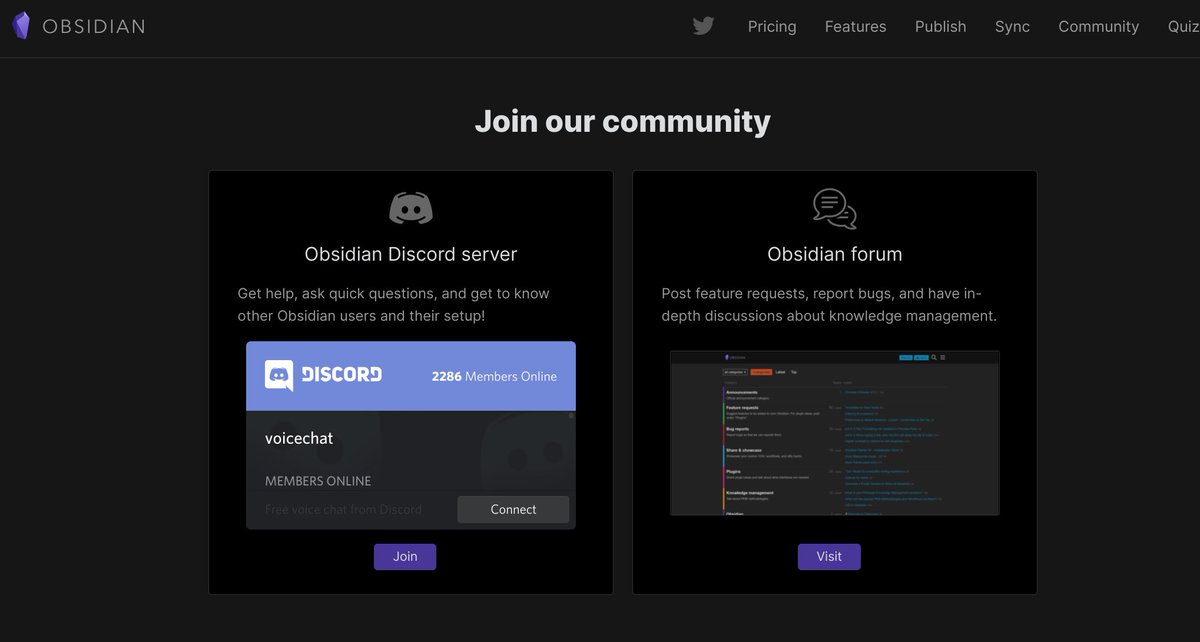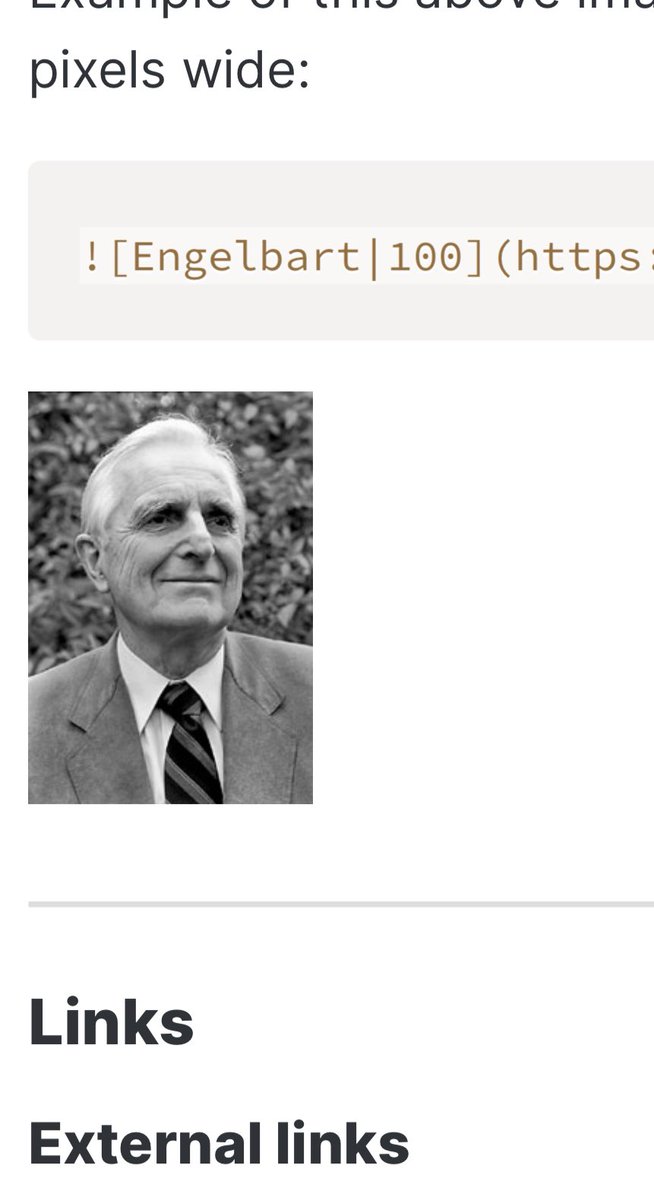
1/ Really interesting question Mark poses here. Basically many now see blocks as fundamental building pieces in their Tools for Thought (a competitive advantage). However, the block itself is really a concept to make it easier for users to comprehend/visualize the data element.
2/ In other words, a block doesn't really exist. It is an abstraction for us as users to the underlying data store. What is crucial for understanding with these systems, is that each data element (block) is represented by an internal identifier that makes that data unique.
3/ This is actually what is important. Each block has its own address, which makes it easier to find, get to and reuse elsewhere. I explain this here:
https://twitter.com/roamhacker/status/1364296274468614151
4/ Don't be fooled by the sudden commercialization of the block by @NotionHQ. Basically most Tools for Thought that are built on a database that have some way of uniquely identifying these data elements, including @RoamResearch, @logseq, @AthensResearch.
5/ If all these products have "blocks", what should be important to us? What matters is what you can do with those blocks. @NotionHQ refers to blocks like Legos, which is an analogy we have used in #roam land for a long time. See video starting at 1:00.
6/ LESSON: no product has a monopoly on the block (or block reference feature), the winners will be those who make the blocks as useful as a bucket full of legos. (Curious if @LEGO_Group company will ever sue others for using their toy as a technology analogy) 

7/ As many of you know, I am doing a TfT experiment with @obsdmd, which is really more about experimenting with Markdown (that was a deep thought, think about it).
What markdown lacks is the concept of the block ID, a universally unique identifier for each and every data element.
What markdown lacks is the concept of the block ID, a universally unique identifier for each and every data element.
8/ I know the markdown folks will be mad at me, but I have to say: It isn't about the block, it's about having an "address" to all your data. These block ID's create unique ways of working with data, which I admit is hard to explain until you have worked with it for a long time.
9/ My experiment with Obsidian is now in its second month, and it's going great. It is a powerful tool, very well designed and a solid contender in the TfT space.
10/ And Obsidian supports block ID's, but... but.... only where you define something should have a block ID. This is a unique feature to Obsidian (as far as I know) and is their own custom extension to Markdown.
11/ Sadly the end result, based on my experience with Roam, Block ID's are needed in the long-term.
Obsidian has an advantage today: it is more powerful in many ways, faster & enables true TNO. But it is in my opinion a bet on markdown that will not win in the TfT space.
Obsidian has an advantage today: it is more powerful in many ways, faster & enables true TNO. But it is in my opinion a bet on markdown that will not win in the TfT space.
12/ Markdown is Obsidian's greatest strength (and this is a superpower) but might be long-term be its greatest weakness, because Markdown lacks the concept that all data elements need to be uniquely addressable.
13/ I am no prophet, but I still believe the block id will win in the end. I also think the graph database, which is the foundation of most block based tools, is a competitive advantage in linking (networking) our thoughts.
14/ I would like to have a world where I get the advantage of Markdown (text, easy to read, very portable, no application lockin)
and the benefit of a block based, graph database (unique addresses, strong data linking).
and the benefit of a block based, graph database (unique addresses, strong data linking).
15/ So while I continue to use Obsidian for a lot of my daily activities, and it's a joy to work with, and has a wonderful community, I have this nagging doubt that if the Markdown community doesn't expand its reach into block ID's, Markdown will remain just a tool for formatting
• • •
Missing some Tweet in this thread? You can try to
force a refresh





